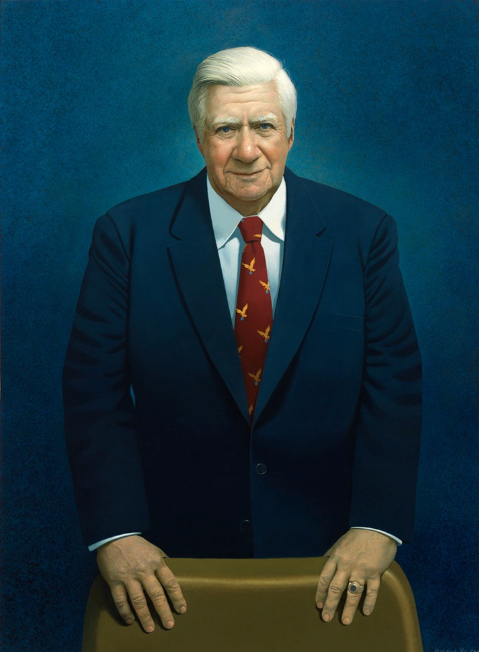Back in the days when the government did stuff, like got together and actually passed bills, U.S. Speaker of the House Tip O’Neill coined the phrase, “All politics is local.” And what the Speaker meant was that politicians depend on finding and promoting issues that matter to their constituents and, essentially, keeping their customers happy (one wonders how many politicians—let alone businesses—still remember that advice). I know, I know. Nobody wants to talk about politics, especially not in the heat of summer. So, what does Mr. O’Neill’s advice have to do with search marketing or, more specifically, your search marketing? Well, quite a bit, actually. Read on and see why.

Mr. O’Neill may have been talking in a different era about a completely different field. But his advice holds true today for search marketers. You see, increasingly, all search is local.
Now, before you click away saying, “Well, sure, mobile. I get it,” give me a second to explain what local search is really all about. For instance, geography plays a key role (and it’s not geography, technically, that matters to your customers). But local search is so much more than just a spot on a map.
No, when I say local, I mean local in two different senses.
Local Search and Geography
The first, obvious sense of local search is that of geography and what’s around your customer at a given time. With the growth of mobile phones—and by extension, mobile search—search queries depend heavily on geographical markers. It’s not just, “What’s a good place to eat?” or “Find me an electronics store.” It’s really “What’s a good place to eat right near here?” or “Find me an electronics store that’s close by.” More specifically, local in this sense has morphed from geography to proximity.
Of course, proximity doesn’t tell the whole story of local search.
Moving from Local to Personal Search
The second, less obvious sense of local is “personal.” When your customers look for a place to eat, or an electronics store, or gas station, hotel, new car, what-have-you, they want to know what’s right for them. And, while what’s nearby is a key component for many products and services, it’s not the only component.
Some other components?
- Attitude. Is this something they’re looking forward to buying, like a new car or a vacation, or is it something they must buy, like life insurance or tax preparation?
- Price sensitivity. Are they highly price sensitive (pretty common for many purchases these days), or are they willing to pay more for greater value?
- Time sensitivity. Is this something they need right away? Or are they planning to shop around until they find the “perfect” fit for their needs?
- Brand loyalty. Do they have any brand loyalty at all? Do they prefer certain brands (or hate any)? Or are they completely new to the segment?
Google—and other search players like Microsoft, Facebook, Apple, and Amazon (or, as I call ‘em, AGFAM) —recognize the value these other factors bring to your customers’ consideration set and continue to evolve search to address these concerns, adding improved image display and prices and ads in Maps, with many more to come.
Because of these changes, search marketers must evolve their process to understand their customers’ needs and expand their thinking about what a search engine will look like—and look for.
For years, search marketers have started their efforts by brainstorming keyword lists, those valuable text strings your customers use when in the market for, well, whatever they’re in the market for. But more than ever those keywords and phrases depend on local influences, in both the geographic and personal senses of the word. And if search matters to your business, then, Just like ol’ Tip O’Neill said, your business depends on local (in both senses of the word), too.
Do you want to learn more about how to improve sales, increase conversions, and reduce the costs from your search marketing? Then take a moment to check out our Biznology Jumpstart Workshop: On-site Search Marketing Training. Taught by three Biznology search marketing experts, you’ll learn how to make your search marketing work for your business. Interested in learning more? Check it out.









